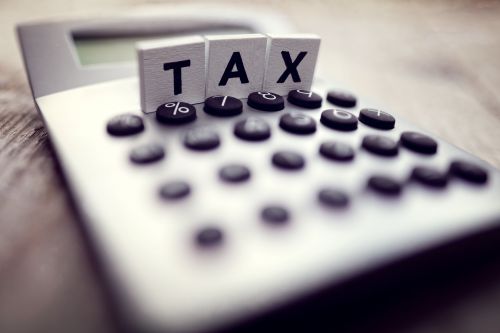Last updated: May 23 2024
Tax Tip: Writing of Accounting and Legal Fees

With all the extra tax filings clients have had to undertake this year including the Underused Housing Tax Returns and T3 returns for trusts, as well as their personal and corporate returns, professional fees payable will certainly have risen. For many, it will in fact have been an unbudgeted expense. Yet others, may be incurring legal fees to challenge CRA reassessments. Understanding how much of these fees will be deductible, can help ease the annual double-whammy: paying taxes and paying professionals to figure them out. Here are guidelines for deductibility.
For investors, accounting fees are deductible, as carrying charges, on line 22100 of the T1 return, to the extent they are incurred for bookkeeping and/or recordkeeping for an investment or  investment portfolio.
investment portfolio.
The cost of preparing a tax return is also deductible if the investment income a taxpayer generates produces income from a business or property. Deduct these expenses as accounting fees on Form T2125 Statement of Business or Professional Activities or Form T776 Statement of Real Estate Rentals.
Unfortunately for other taxpayers, accounting and tax preparation fees are not deductible.
When it comes to legal fees, they are only deductible if they meet the one of the following criteria:
- They were incurred in the ordinary course of a business. This would include legal fees paid for annual filings and regular business matters..
- They were incurred in the course of appealing, or objecting to, an income tax assessment from CRA.
- They were incurred to obtain financing for an investment. 20% of such fees are deductible annually over 5 years..
- They were incurred to make representation in relation to a business carried on by the taxpayer. This could include lobbying government to obtaining licensing, permits, franchises or trademarks.
- They were incurred in the course of collecting money owed to a taxpayer as a severance, pension benefit, or retiring allowance. The amount deductible is limited to the amount of the payment actually received by the taxpayer, less any amount transferred to a Registered Retirement Savings Plan (RRSP). Legal fees in excess of this limit may be carried forward up to 7 years if additional payments are received.
Bottom Line: This year was an expensive one for many investors and business owners. It is helpful to taxpayer to understand the after-tax cost of their professional fees.
